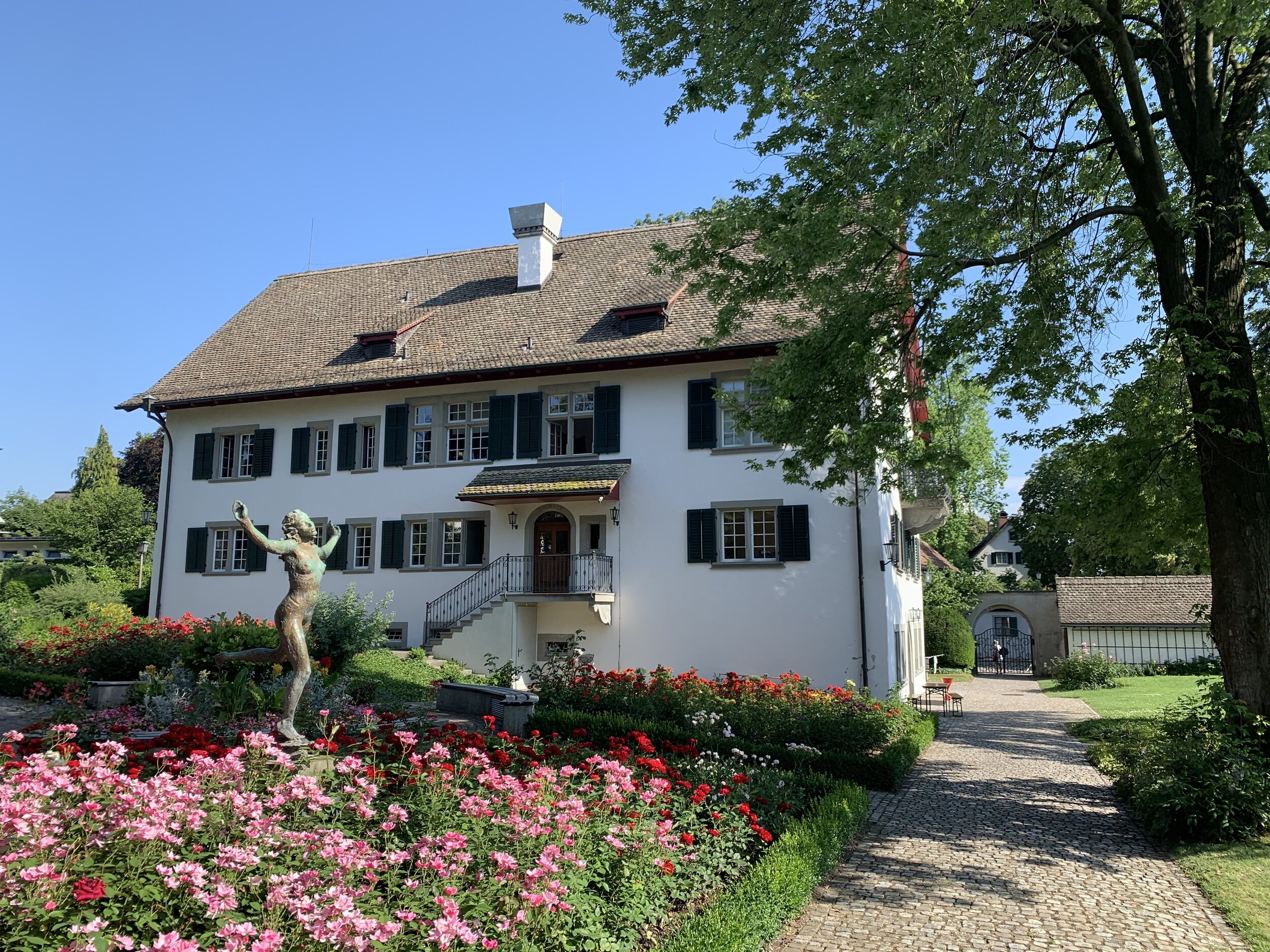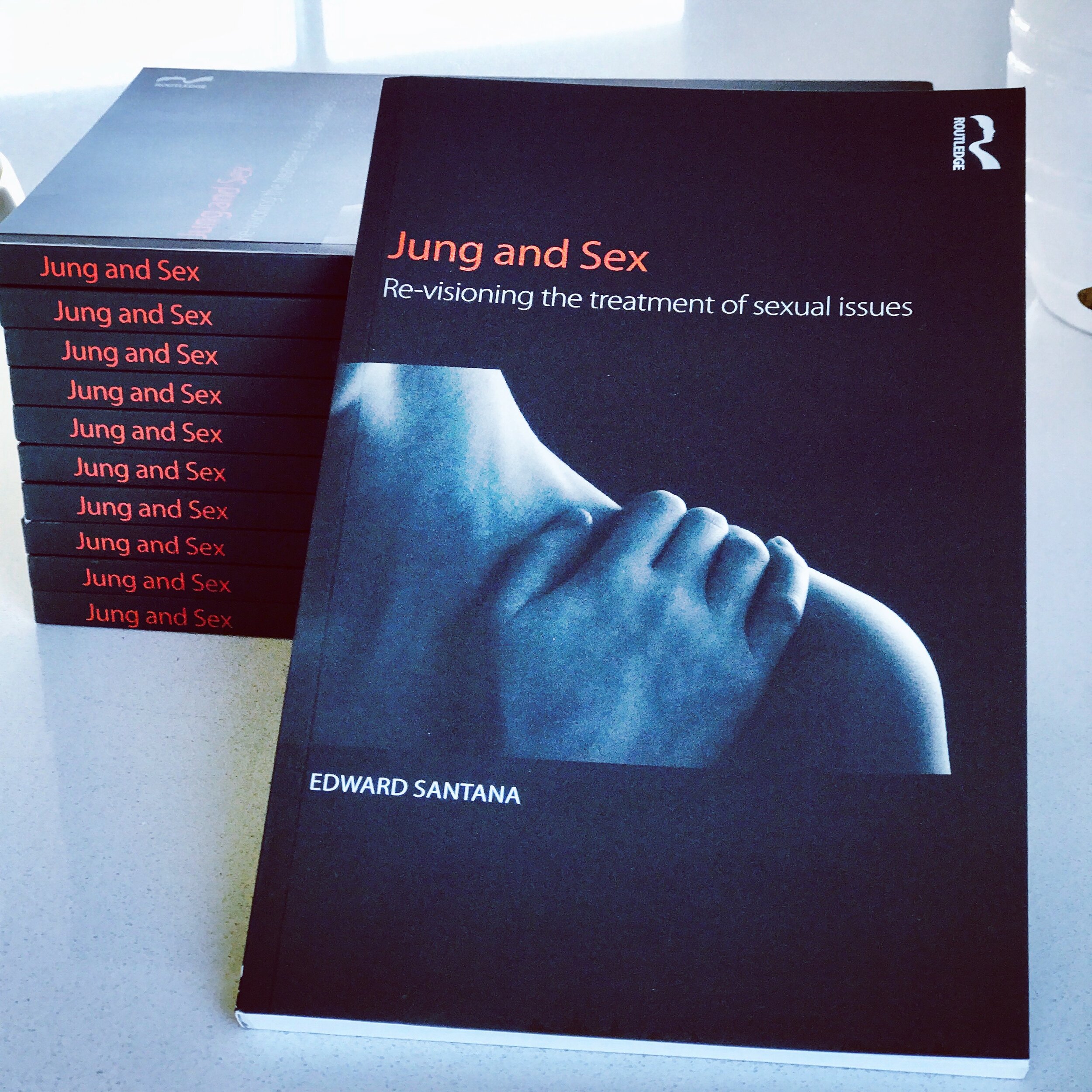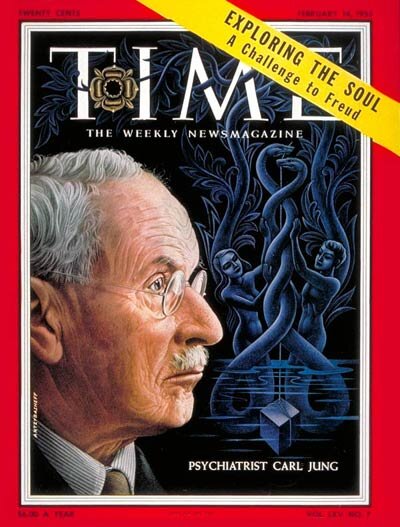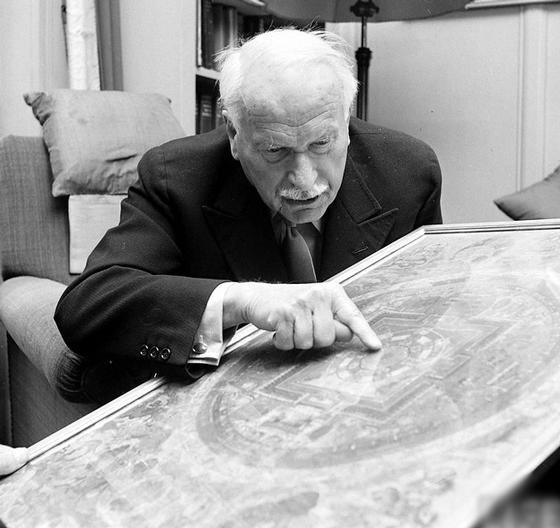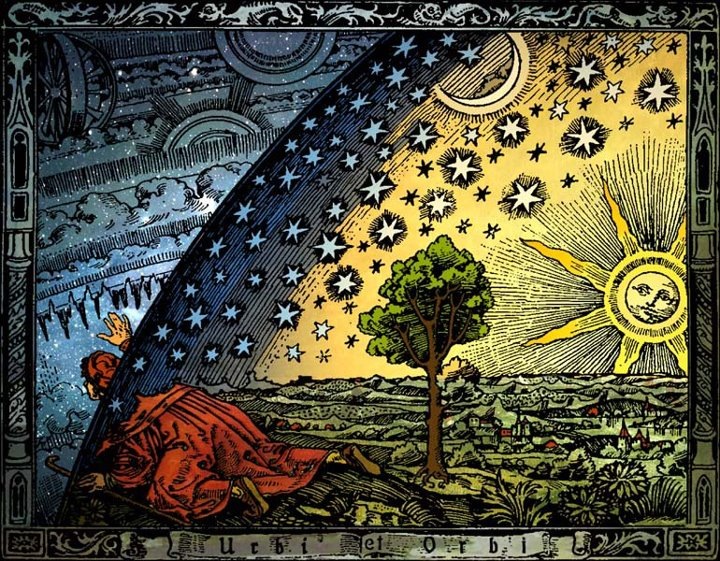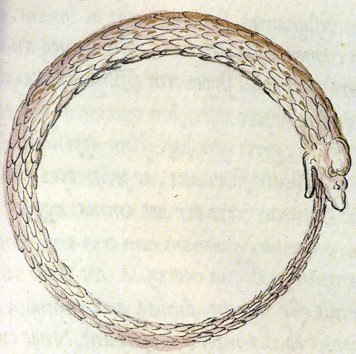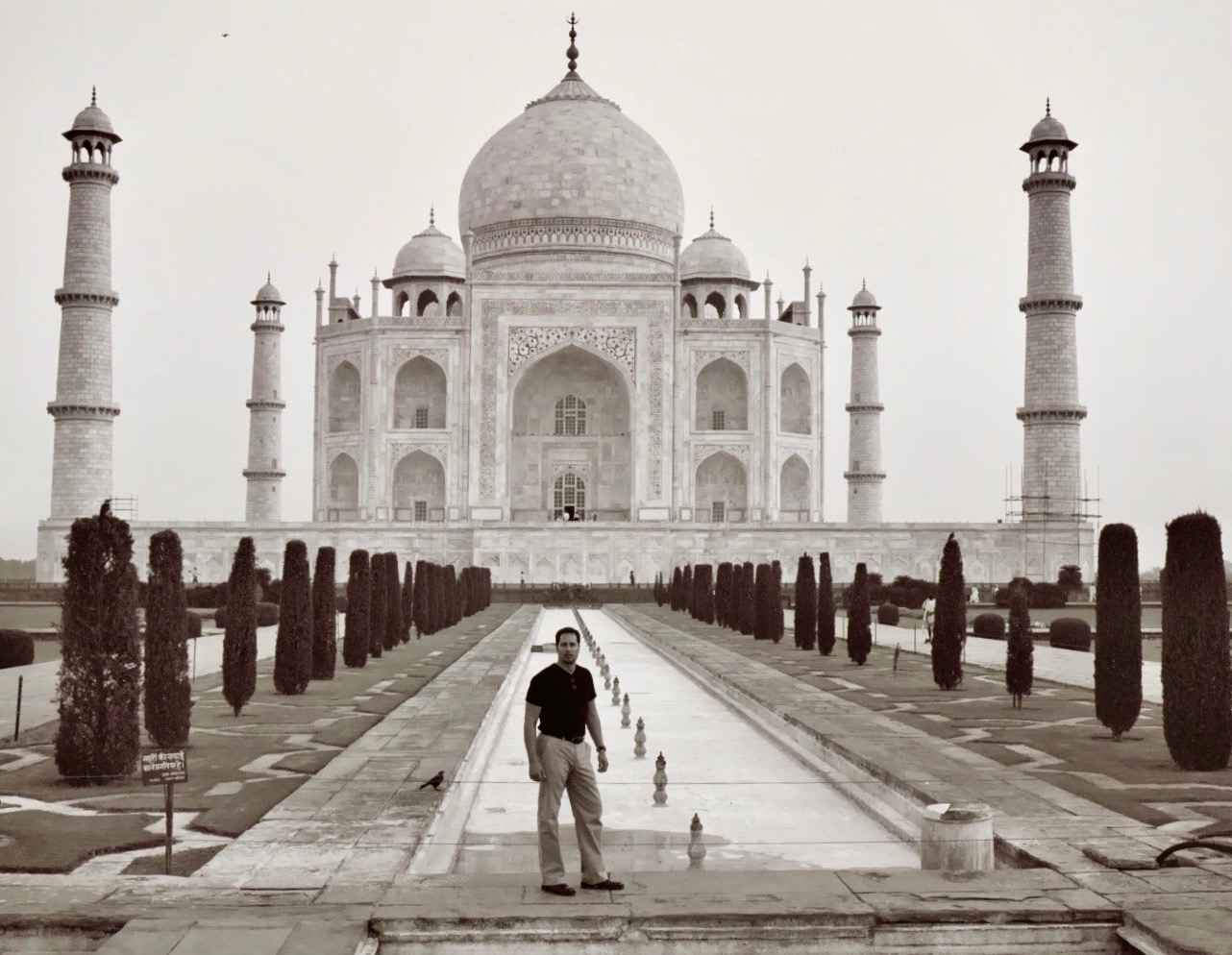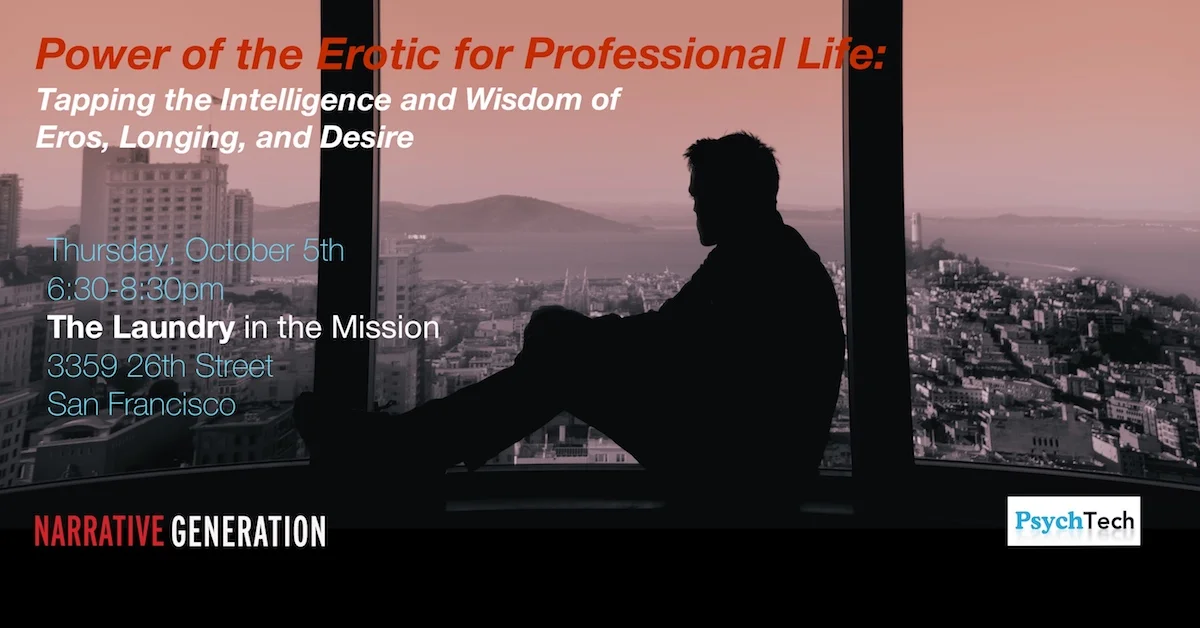Hate your job? 5 tips to stay happy and fulfilled at work
James Armstrong, Global News : Monday, April 09, 2012 3:23 PM
TORONTO – A new study by Montreal researchers has found that sticking with one job too long can lead to emotional and physical burnout, but according to one psychotherapist, if you are feeling burnt out, there are a number of things that can help.
Ed Santana, a psychotherapist and career coach in Toronto noted that everyone experiences “malaise in our careers,” but if interpreted correctly, that malaise can be a stepping stone to greater things.
Global News spoke with Santana about five things that people can do if they find themselves unhappy with their current career choice.
Have a driving vision
According to Santana, a large part of being happy at work is having a dream and setting goals to get yourself there. A lot of people get a job and get complacent, Santana says, and when that happens you need to re-evaluate your dream, and if you have to, change it.
Get support
If you find yourself unhappy at work, use that feeling as information that something is wrong and seek support, according to Santana. Whether it is a colleague, mentor, or a career coach, everyone needs a sounding board, Santana advises. Most importantly, he says, is to not hide or be embarrassed by your feelings. “Come out of the shadows…and realize that we all hit plateaus.”
Take Risks
Don’t stop taking risks – that is some of the advice from Santana, who says many people become complacent when reaching a certain level of success and stop taking the risks that helped bring that success. Santana describes risks as “how we push ourselves to get better.”
Refocus your job
Everyone has parts of their job that they love and others that they hate, according to Santana. When people are feeling unhappy with their current workload, it may be time to refocus what you do.Though it may seem impossible to simply drop the parts of your job that you dislike, Santana suggests that you can refocus your job and over time to make it more enjoyable.
“The key is to get conscious about what one really feels a passion for doing, then the challenge is to constantly try to get more of the good and less of the bad. In other words, keep pushing to reshape your job to do what you are best at and what truly motivates you. Over time, you might be able to refocus your entire career or worklife,“ he says.
Design long-term goals
Unfortunately we can’t make goals that apply throughout a career, but as Santana suggests, goals should be made and evaluated yearly. Pick a time every year and look at the goals you made the previous year, and ask yourself are you meeting these goals? And if you are, are they helping you move forward?
© Shaw Media Inc.
